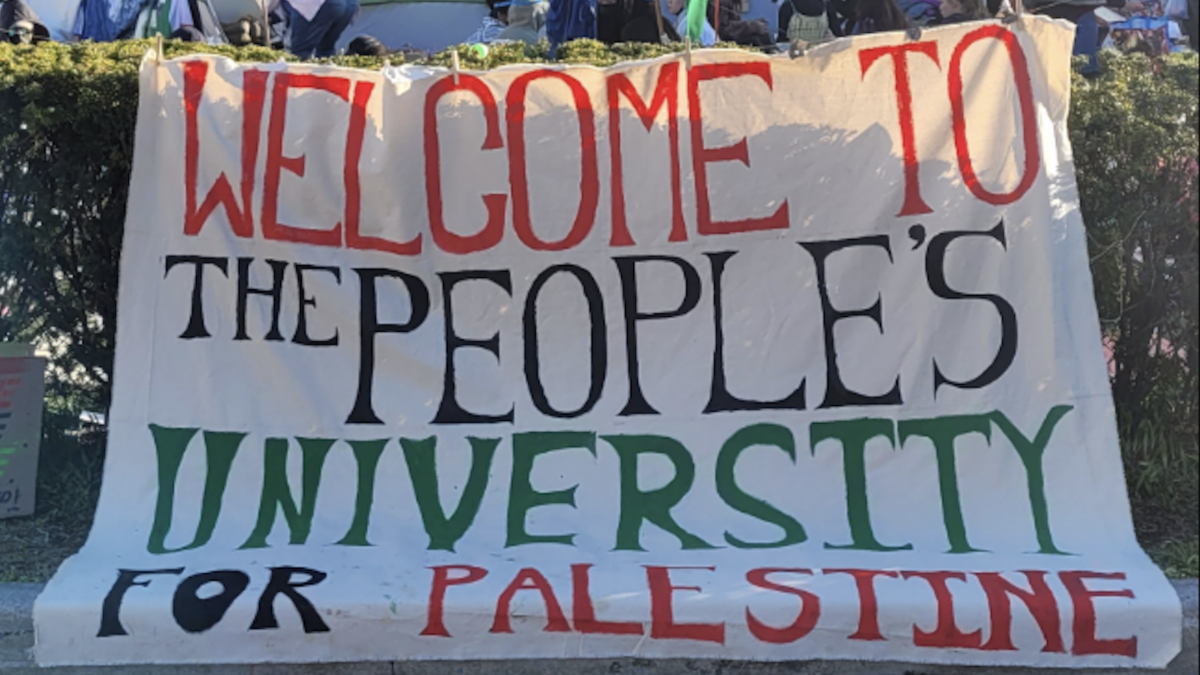
After being first proposed more than 30 years ago by Rep. John Conyers, D-Michigan, the 116th Congress of the United States voted last week to advance H.R. 40, the Commission to Study and Develop Reparation Proposals for African-American Act. Aided by the Democratic Party’s control of the executive and legislative branches of government, the current sentiment in the country regarding racial justice and equity may provide the bill’s proponents the opening they seek.
To start, it’s worth noting reparations are not without precedent. The United States paid reparations to Japanese-Americans as restitution for their internment during World War II. It also made reparations to American Indians for seizing their land and mismanaging natural resources.
Yet paying reparations to black Americans who are the descendants of slaves is likely to prove more contentious for a multitude of reasons, not the least of which is the vast length of time that has passed since slavery ended, coupled with the fact no living person has participated in the heinous practice. Indeed, as it violates our fundamental sense of fairness and justice, we tend not to visit the sins of the father upon the son in this country.
Furthermore, while all the relevant demographic data isn’t reliable, it is safe to assert the majority of non-black Americans are descendants of individuals that immigrated to the United States after the end of the Civil War in 1865.
Nonetheless, this issue of the time that has elapsed since slavery ended is not dispositive. To wit, the return of art stolen by the Nazis to its rightful owners would be justified even if centuries passed before the reunification occurred. As such, I don’t believe a brash, reflexive dismissal of the question of reparations is advisable or necessarily cathartic for the country.
There are seemingly two overarching questions pertaining to reparations. The first abstract question concerns whether reparations are “owed” at all.
On the surface, it would seem difficult to contest the claim that uncompensated slave labor conferred substantial benefits on slave owners and, despite the ravaging of the Southern economy by the Civil War, a portion of the fruits of that slave labor was bequeathed to future generations. There is no material difference between art stolen by the Nazis passed down through the generations and wealth accumulated through slave labor passed along through family inheritance. Yet, in any case, the payment of reparations should begin (and perhaps end) with those entities that directly benefitted or suffered from Southern chattel slavery.
Assuming the first question (on whether reparations are owed) is answered in the affirmative, the second question is of a forensic accounting nature. To wit, who should be paid reparations, how much should they be paid, and by whom? It’s become common for opponents of reparations to go directly to this second question and contend that because it would be nearly impossible to sort these matters out in a coherent manner, the entire question of reparations is moot.
Yet I submit that the first question is germane even if the second question poses near-insurmountable difficulties. Nor does the question of reparations being owed turn on whether the payment of reparations would help or harm black Americans writ large. Indeed, a similar question was raised in the state of Israel concerning whether it would be demeaning to the Jewish people — in the sense that they would suffer a loss of dignity — if they accepted German reparation payments.
Another dimension to the forensic accounting question is the prospect that reparations may have already been paid, in whole or in part, in the form of various currencies. For example, while estimates vary, more than 400,000 Union soldiers died in the Civil War. Indeed, Union victory expedited the end of the institution of slavery in this country. The loss of those Union soldiers certainly inflicted an enormous economic and personal cost on their families and subsequent generations of those families.
It is also worth noting the large number of social programs instituted in the United States to confer benefits on black Americans, rationalized in large measure by enduring socio-economic disparities between black and white Americans that some contend have their origins in institutional racism. These programs include but are not limited to “affirmative action,” set-aside contracts for minority-owned businesses, racial preferences in college admissions, and various government financial assistance programs.
How should these programs, and the financial benefits they confer on black Americans, be entered, if at all, into the reparations calculus? Certainly, if an advantage is conferred on a black American, then a disadvantage is conferred on a white American, and such policies have tangible, economic consequences.
The “social equity” question concerning reparations is arguably the most challenging. Where is the social equity in forcing individuals who neither participated in slavery nor benefitted financially, directly or indirectly, from it to pay reparations to the descendants of slaves?
Opinions will differ on the merits of tasking the current generation with paying for the sins of past generations. In this respect, it is noteworthy that Germany has encountered significant problems with Nazi sympathizers and white supremacists since the end of World War II. Are these problems attributable in part to the perceived injustice at being forced to pay reparations for crimes in which they did not partake?
Some claim there can never be racial harmony in this country without paying reparations to black Americans who are the descendants of slaves. A no less important question concerns whether there can be racial harmony in this country if those reparations are paid by those who have no culpability in the institution of slavery nor benefitted financially from it. This is the proverbial Catch-22.
The question of paying reparations to descendants of former slaves is destined to be one of the more provocative issues of our time. It is natural for a just nation to want to cleanse its soul and this entails acknowledging past transgressions. To its credit, Germany recognized that the horrific crimes of the country’s past could not be erased and, instead, went to great pains to memorialize them appropriately.
The outstanding issue for the American people is the penitence they are ultimately willing to pay. The social equity question looms prominently in the reparations debate for rightly inquiring whether a nation should seek to remedy one injustice by creating another.
If these reparations are indeed paid, yet economic disparities among black and white Americans persist, should we also expect future claims that the amount of the reparations was somehow inadequate? Only time will tell if the American people are willing to write a check, but rest assured that they’re not prepared to sign a blank one.









